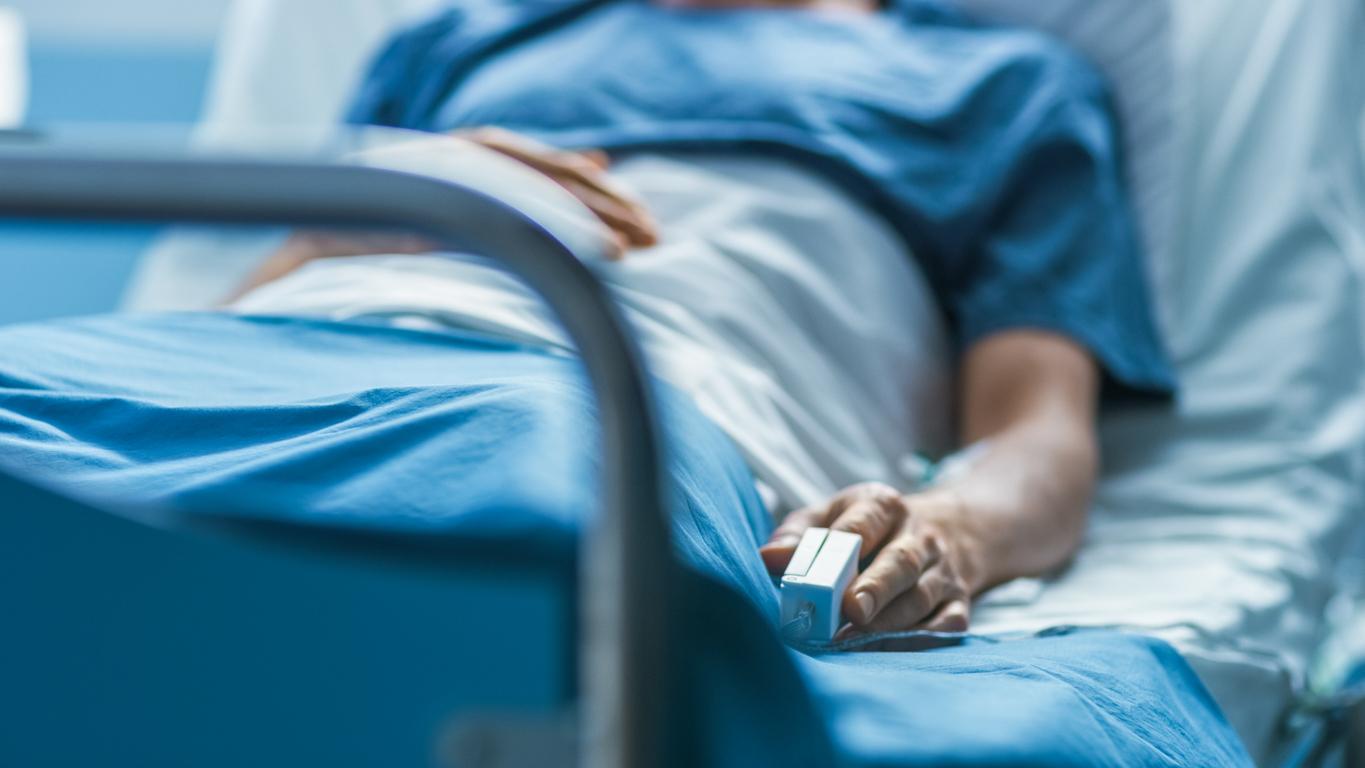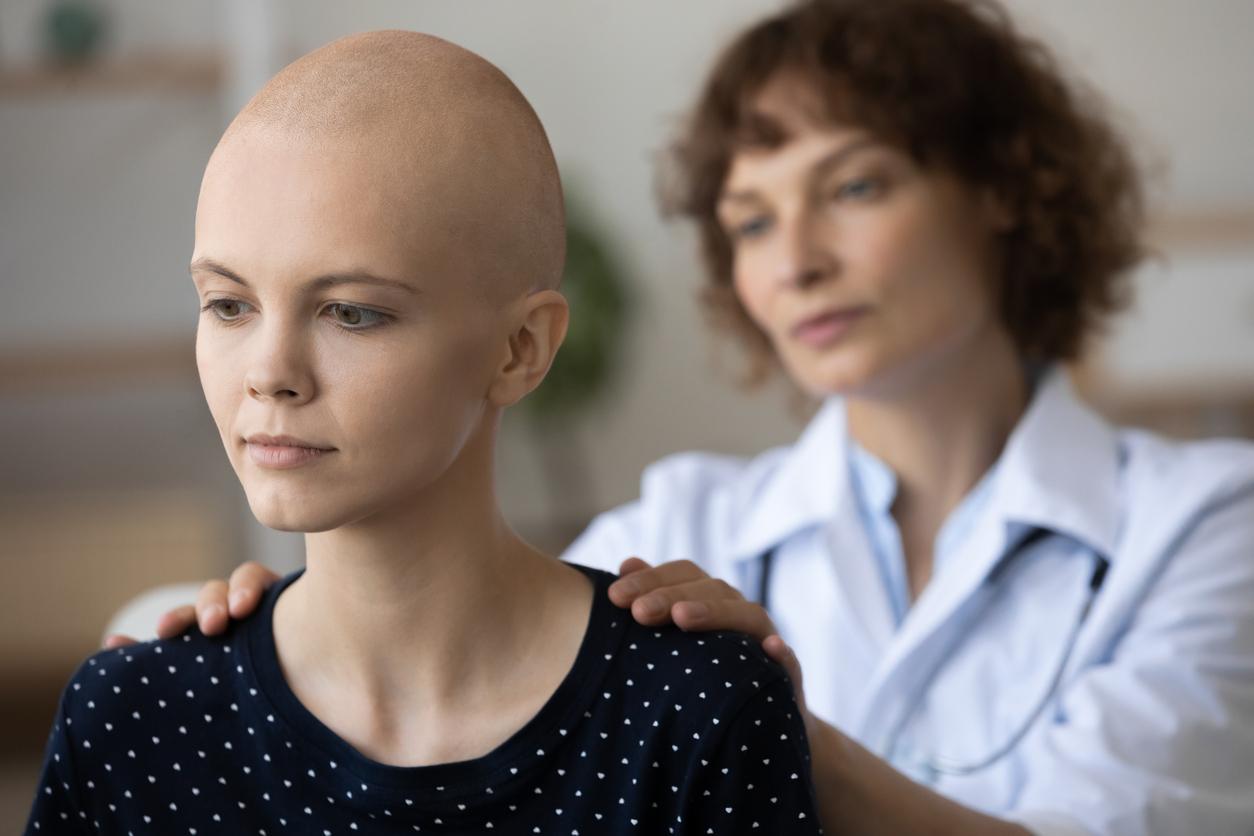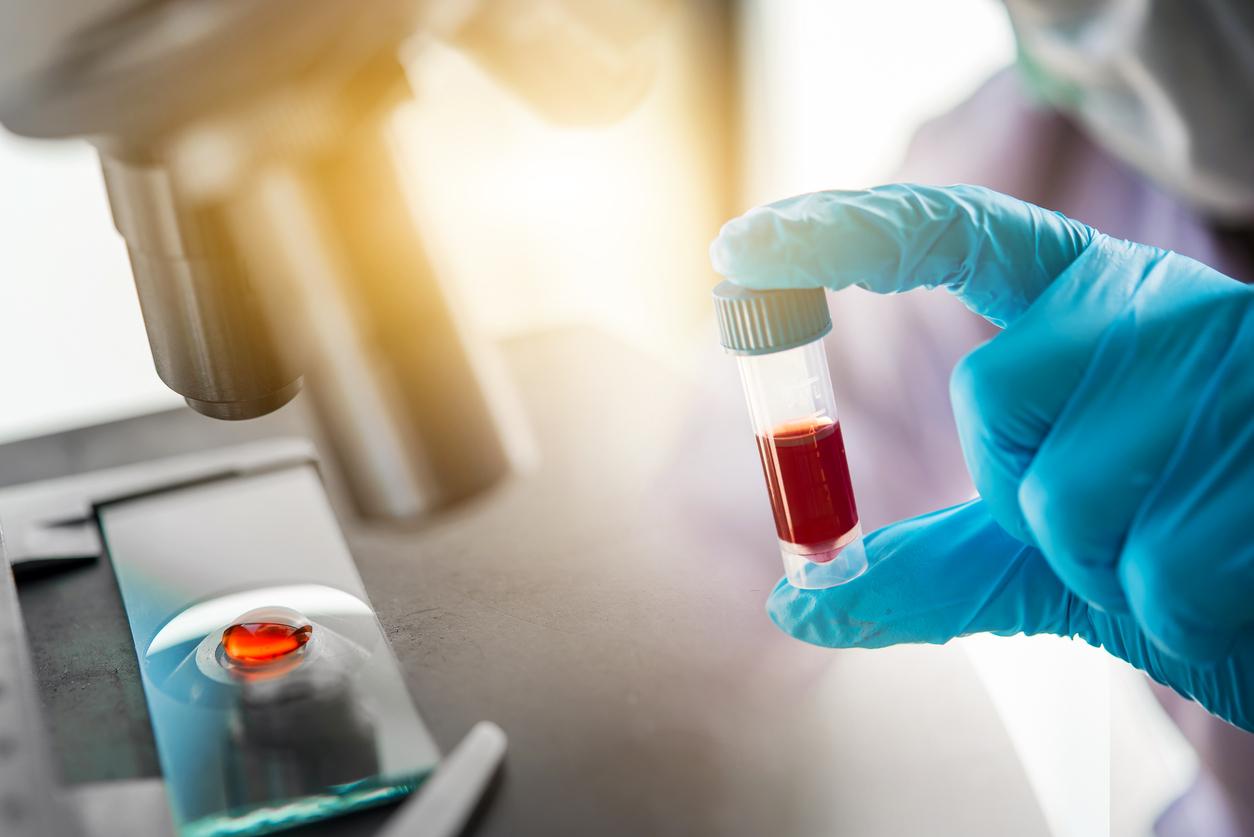Breast cancer: how to regain your energy?
Fatigue is very common after breast cancer, especially in those who experience early menopause due to chemotherapy. Stopping is subject to rules and the manifestations that follow (insomnia, hot flashes, etc.) require adaptation. Feeling understood, possibly supported by medication (an antidepressant in small doses can reduce sweating), is important to pass the course.
Approaching this “after” in your head as a rebirth also helps. It can be an opportunity to lead a healthier life on the psychological (going more to the basics) and physical levels. Getting into or going back to an activity allows you to regain confidence, to reclaim your body, to find pleasant sensations, to feel alive …
Breast Cancer: Can I Go In The Sun?
You will carefully protect your chest after radiation therapy. Corn the sun is not bad. It is just not recommended to spend several hours on the beach or get sunburned. Food supplements such as vitamins, selenium, omega-3 are quite usable. They can, indeed, help to pass a difficult moment, in particular in terms of sleep. Vitamin D supplementation is often necessary.
Breast cancer: when to start coloring again?
As soon as the hair has grown back, coloring becomes possible again. But, at the beginning especially, we will avoid doing its color at home with all-new products. Better to go to a hairdresser who uses gentle products.
And take good care of your hair between two colorings, using a mask, detangling products …
Breast cancer: how to relieve joint pain?
The drop in estrogen, certain chemotherapies, anti-hormonal treatments by anti-aromatases promote joint pain. It is therefore not surprising that many women suffer from it afterwards, even if they are generally bearable. Otherwise, the doctor may suggest spacing out every other day, changing anti-aromatases and ensuring the need for treatment. But he is no need to multiply additional examinations in search of other causes hypothetical and engage in infiltration.
Breast cancer: do all women need the same monitoring?
The word monitoring is more appropriate than that of surveillance, knowing that cancers resulting from screening (which were mostly non-palpable) are cancers with an excellent prognosis. They require more psychological support than unnecessary and stressful repetitive examinations. Closer at the start, these controls change over time and depend on the woman’s situation.
What are the must-see exams?
Regular clinical examinations, interviews with the attending physician or gynecologist, an annual mammogram, and additional examinations in the event of unusual symptoms (pain, lump, etc.) are sufficient. There is no need to carry out systematic reviews. Recent studies concerning the modalities of surveillance agree on this point.
Breast cancer: how is the follow-up organized?
Ideally, an end of treatment consultation makes it possible to take stock of the current concerns (after-effects of treatment, pain, scars, etc.) and to organize the way in which the monitoring will be carried out. If the majority of women are followed in the center where they were treated, others choose to be it outside or are offered a “between the two”.
To facilitate the link between city medicine (general practitioner, gynecologist, etc.) and the hospital, the Alexis Vautrin cancer center in Nancy has thus created an alternate surveillance notebook. Mammograms, consultations with the gynecologist or in the anticancer center alternately, the program for the next five years is given to the patient during this famous consultation at the end of treatment.
Breast cancer: should you consult between 2 appointments?
Any change in physical appearance: a lump in the operated breast or in the other breast, a skin abnormality, lymph nodes under the arm, etc. Headaches, digestive problems, persistent cough, bone pain should be reported. They are not worrying but can be a side effect of a treatment that can be relieved.
Equally important: do not allow a worsening depressive syndrome to develop for months, continued weight gain, more frequent insomnia. Anything that affects the quality of life deserves a consultation before the scheduled follow-up appointment.


















